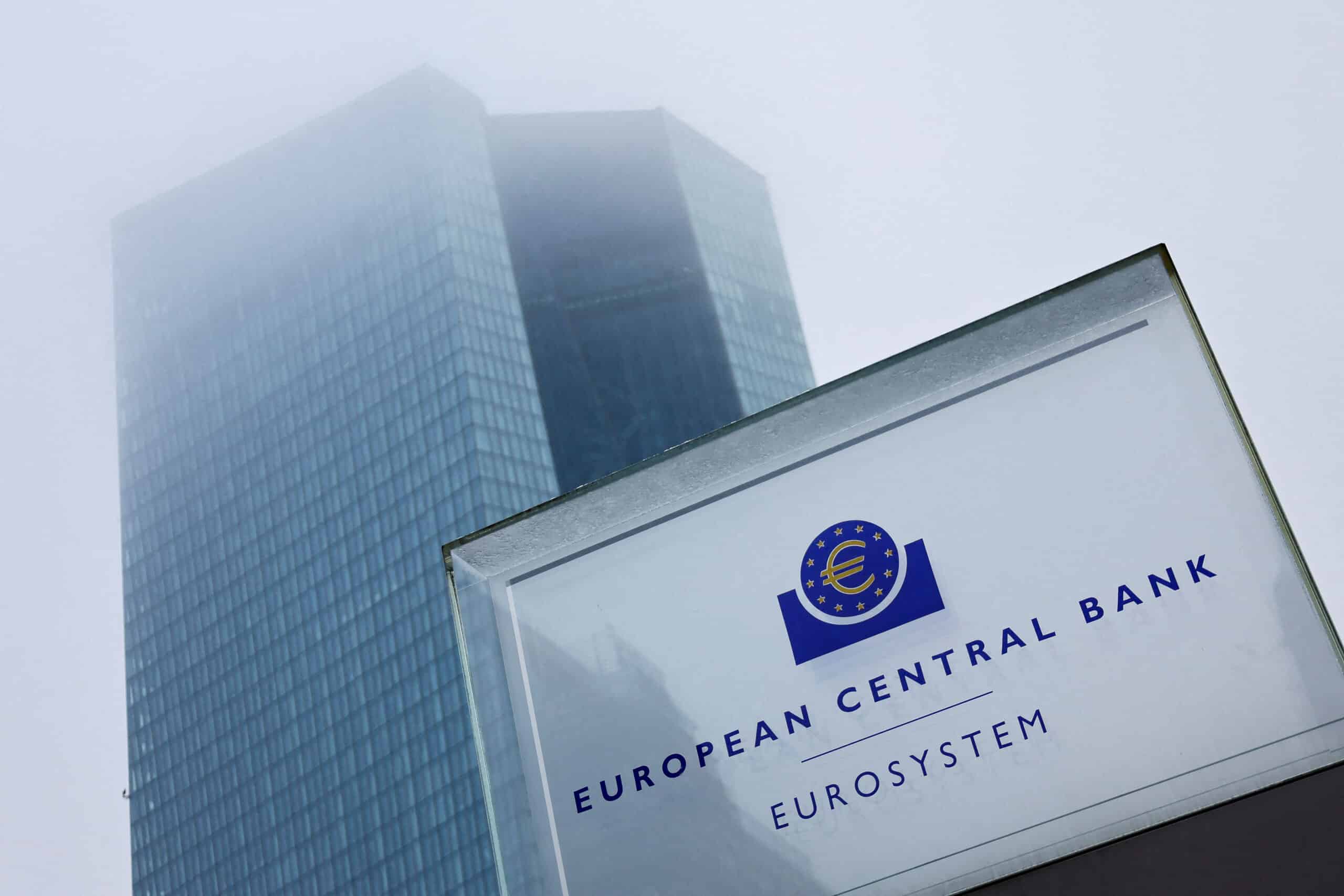ECB Survey Reveals Shift in Euro Zone Mortgage Approvals Amid Economic Challenges
In a recent survey by the European Central Bank (ECB), it was revealed that Euro zone banks have eased mortgage approval criteria for the first time in more than two years during the last quarter. Despite this shift, there has been a continued decline in the demand for credit, influenced by high borrowing costs and a stagnant economy.
The ECB’s aggressive interest rate hikes, aimed at curbing inflation, have led to a halt in bank credit growth across the 20 countries that share the euro. This monetary policy has had a significant impact on both households and companies, with many showing reluctance to incur new debt according to the ECB’s quarterly Bank Lending Survey.
While there has been a slight relaxation in the standards for approving household loans for house purchases, banks have reported a tightening in access to corporate credit, albeit less than anticipated. A substantial decline in corporate credit demand was noted, which was unexpected compared to predictions from three months prior. Additionally, there was a small decrease in the demand for housing loans.
The survey indicated that various factors contributed to this trend. “Higher interest rates, as well as lower fixed investment for firms and lower consumer confidence for households, exerted dampening pressure on loan demand,” the ECB stated. Despite these conditions, banks are forecasting an improvement looking ahead to June, with expectations of only a moderate decrease in corporate loan demand and a potential increase in household loan demand.
Interestingly, interest rates on new mortgages have decreased, as banks anticipate potential rate cuts from the ECB. This adjustment is expected to bring an end to the record profits banks have been experiencing. The ECB also noted that the expected interest rate decisions over the next six months could moderately negatively affect overall bank profitability due to provisioning and impairments.
This nuanced landscape presents a complex picture for the Euro zone’s financial sector, balancing between inflation control measures and fostering economic growth through lending activities.






